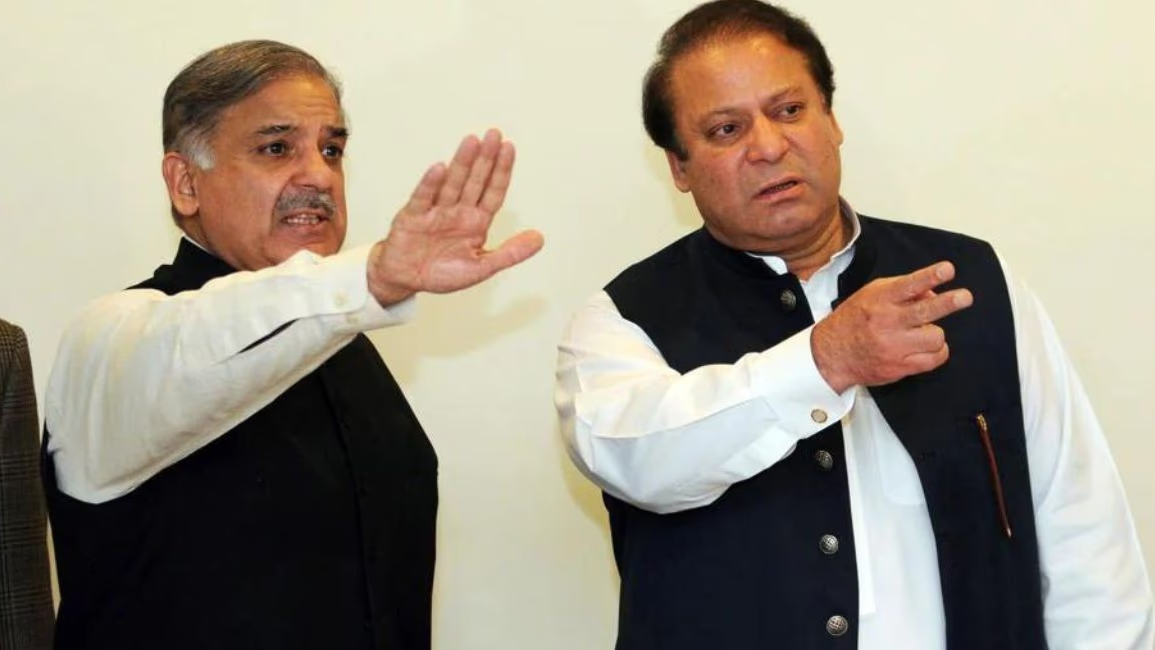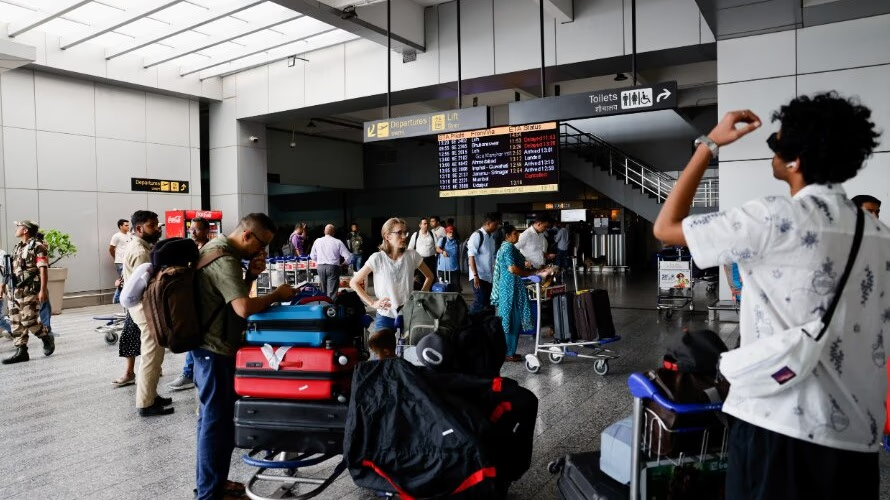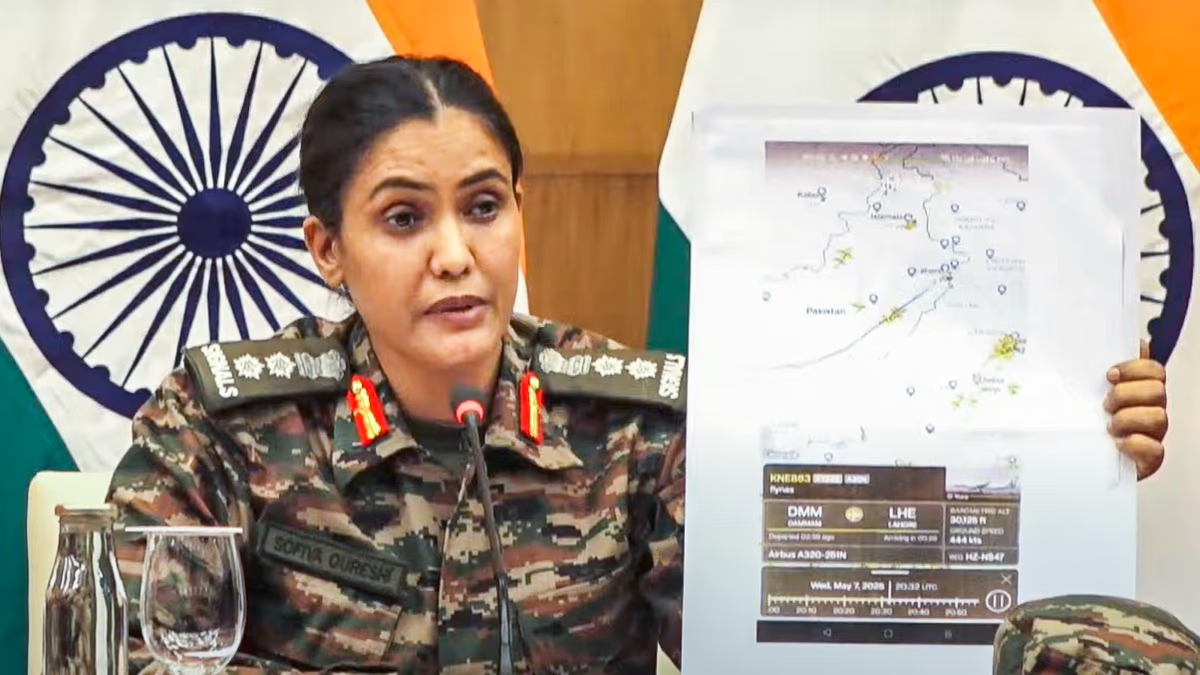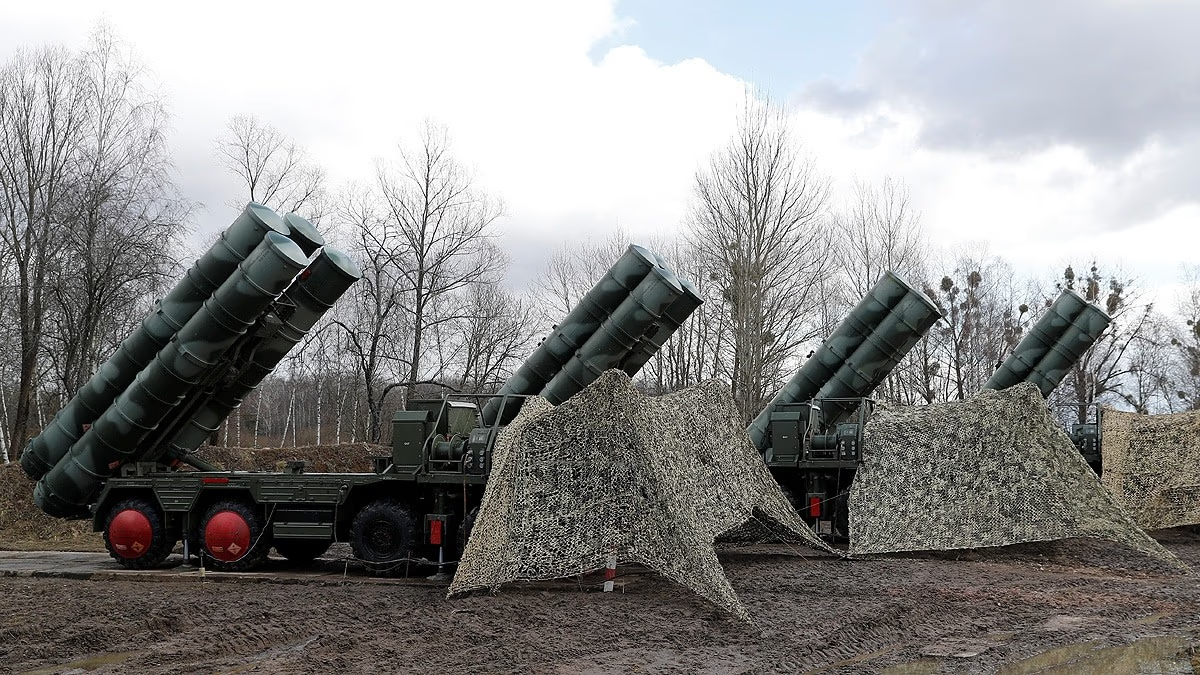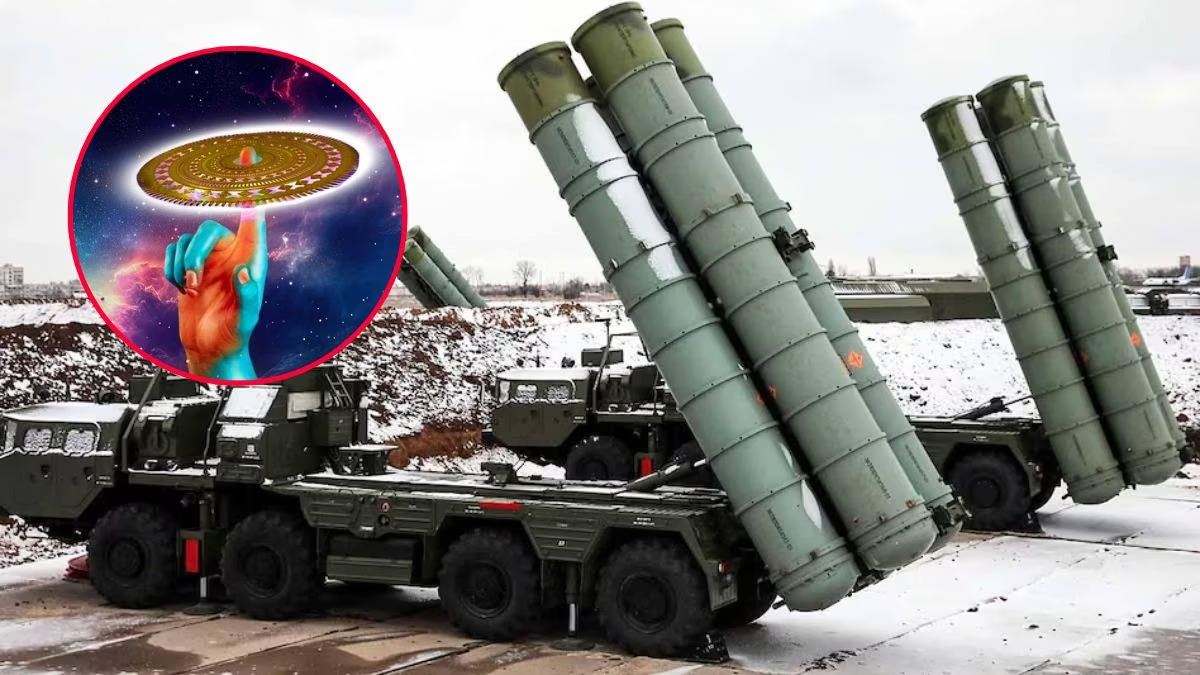Tensions between India and Pakistan have reached a peak following the Pahalgam attack. India continues to act decisively against Pakistan, which harbors terrorism. Heavy exchanges of fire occurred between the two nations over the past two days. In this climate, Pakistan's former Prime Minister Nawaz Sharif advised his brother and current Prime Minister Shehbaz Sharif to manage the situation diplomatically.
According to a report in the Pakistani media outlet, The Express Tribune, Nawaz Sharif, who recently returned from London to Pakistan, met with Shehbaz Sharif after acquiring information on NSC meeting decisions. The meeting focused on strategies following India’s decision to suspend the Indus Waters Treaty.
The report stated that Nawaz Sharif emphasized that under the current circumstances, Pakistan should utilize all available diplomatic avenues rather than adopting an aggressive stance, to reduce tensions between the two nuclear-armed nations and establish peace in the region.
He appealed to the Pakistan Muslim League-Nawaz-led coalition government to effectively raise this issue on international forums and intensify diplomatic efforts to put global pressure on India.
Earlier in 2023, Nawaz Sharif highlighted the importance of good relations with India, stating that his government was ousted in 1999 because he opposed the Kargil War. According to The News International, Nawaz expressed that the PML-N had always performed well but was repeatedly removed from power, asking, "I want to know why my governments were removed in 1993 and 1999? Was it because we opposed the Kargil War?"
Notably, Nawaz Sharif was Pakistan's Prime Minister when his government was overthrown in a coup on October 12, 1999. Last year, Nawaz admitted that Pakistan violated the agreement with India in 1999. The former PM stated, "On May 28, 1998, Pakistan conducted five nuclear tests. Then Mr. Vajpayee came here and agreed with us. But we violated that agreement, which was our mistake."
The agreement referred to by Sharif was the "Lahore Declaration," signed by him and then Indian Prime Minister Atal Bihari Vajpayee on February 21, 1999, to promote peace and stability between India and Pakistan. However, shortly after the signing, Pakistani forces infiltrated the Kargil district of Jammu and Kashmir, leading to the Kargil War.
